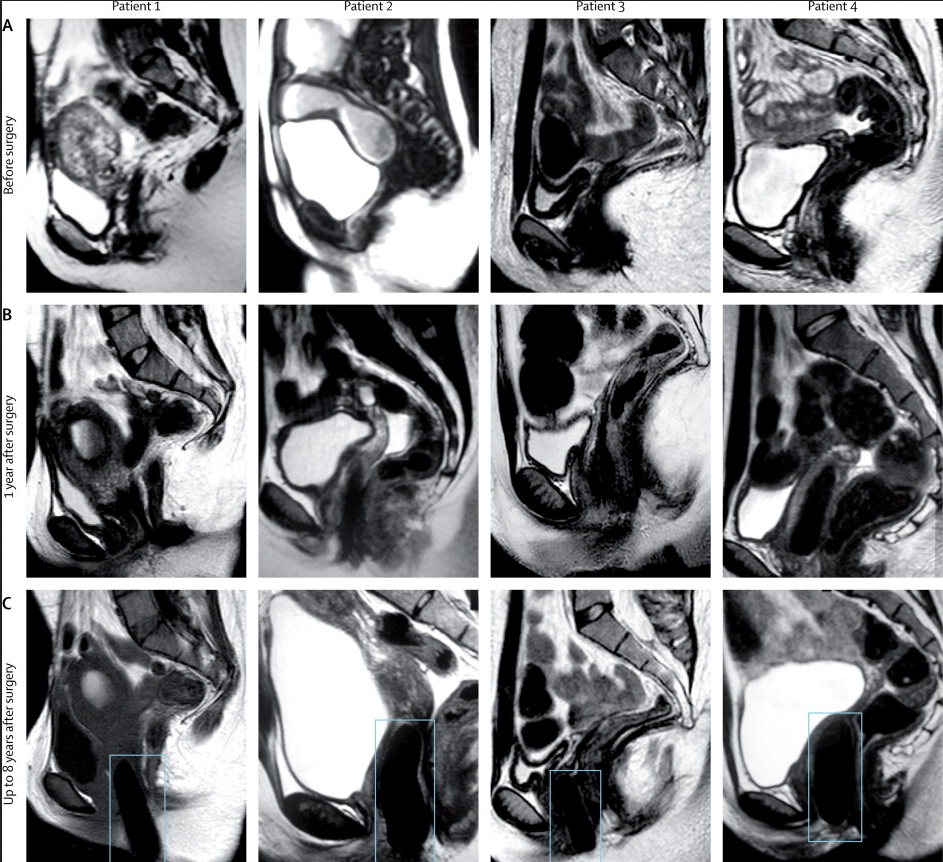Scientists have successfully grown and implanted replacement vaginas for four women with a congenital condition that leads to absence of the vagina  and uterus.
and uterus.
Writing in the Lancet, the team, from the Children's Hospital Mexico and Wake Forest University in the US, describe the first reports of tissue-engineered genital implants.
They set out to help 4 patients, aged between 13 and 18, affected by a condition called Mayer-Rokitansky-Küster-Hauser syndrome, or MRKHS, in which sufferers are born either lacking - or with a grossly under-developed - vagina and uterus.
The researchers collected small samples of skin and muscle tissue from the vulval area of each of the patients.
The surface, or epithelial, cells and the deeper-lying muscle cells were separated from each of the samples and grown in culture before being added to a vagina-shaped "scaffold" crafted from collagen, the main component of connective tissue.
This was kept in a nutrient solution until the cells had proliferated sufficiently for the newly-fashioned organ, now coated with cells unique to each patient, could be implanted.
Now, 8 years on, the doctors have published their findings and follow up on each of the patients. All four remain well. Scans taken as they grew showed that the new tissue prostheses also grew with them.
All four have become sexually active without incident, undoubtedly restoring to them a quality of life that would otherwise have been unattainable.
This approach, the team point out in their Lancet paper, could be useful in a range of other conditions, including restorative surgery for cancer.










Comments
Add a comment